
Agency
Lab
Years
Grant Number
Partners


Description
Recent research indicates that mental disorders, particularly depression and Alzheimer's, significantly impact the global population and healthcare systems, with a profound effect on the quality of life and economic burden. Primary care's role in early depression detection is hindered by diagnostic challenges, leading to underdiagnosis and inadequate treatment. Advances in digital technology and precision medicine offer new avenues for mental health diagnosis, emphasizing personalized treatment based on individual biomarkers. Virtual Reality (VR) and AI-driven Virtual Humans (VH) in psychological assessment represent innovative tools, promising more accurate, unbiased diagnosis and effective treatment strategies, particularly in primary care settings for mental health.
The objective of the DEBIO Project is to develop a VR application that allows for the early detection of depressive symptoms through eye gaze and voice biomarkers based on Artificial Intelligence during interactions with VH. Predicting who is at risk of developing major depressive disorder enables the application of preventive interventions, while predicting an individual's response to various treatment options allows for a more personalized approach. This will also strengthen and improve primary mental health care within the public health system of Spain. The main outcome of the project will be a therapeutic prototype of a patient classification tool for depression, designed for use in primary care centers with the ability to stratify patients according to their needs for further treatment in specialized mental health services. The classification of patients with depression will be based on biomarkers obtained from behavioral signals of subjects while they are exposed to simulations of complex social situations, interacting with virtual characters through VR head-mounted display.
